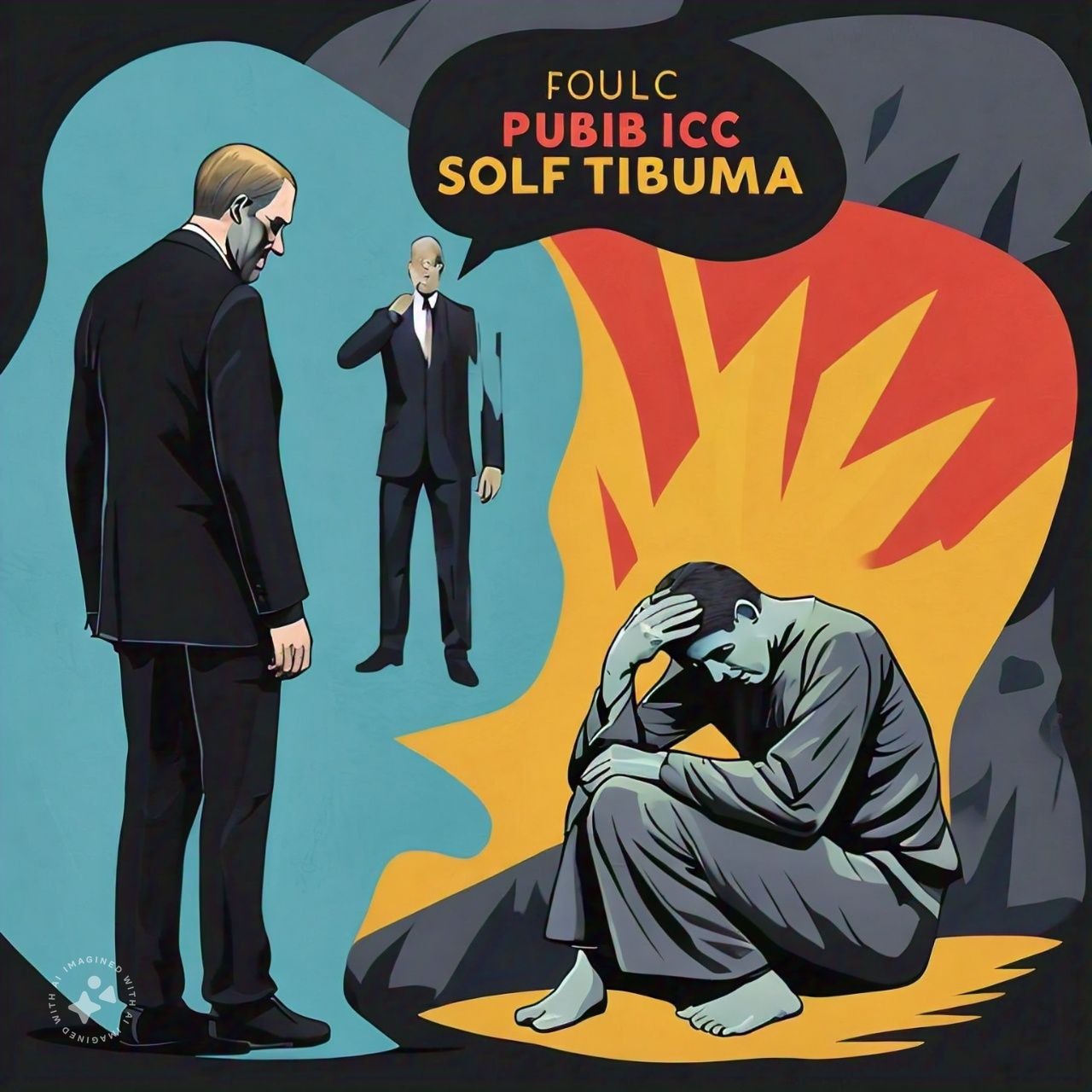Introduction
Mental health stigma and support barrier that prevents individuals from seeking help and support for their mental health issues. Stigma manifests in various ways, including societal attitudes, stereotypes, and discrimination. It creates a culture of silence and shame around mental health conditions, making it difficult for those affected to speak openly about their struggles. This article will explore the various facets of mental health stigma, its consequences, and the critical importance of support systems in combating this issue.
Understanding Mental Health Stigma
Mental health stigma refers to the negative attitudes and beliefs that society holds towards individuals with mental health conditions. These misconceptions can lead to discrimination, exclusion, and a lack of understanding about mental health issues. Stigma can be divided into two main categories: public stigma and self-stigma.
Public Stigma
Public stigma is the societal reaction to individuals with mental health conditions. This stigma often arises from a lack of understanding and awareness about mental health issues. Common misconceptions include:
- Belief in violence: Many people mistakenly associate mental illness with violent behavior, leading to fear and discrimination.
- Perceived weakness: Mental health issues are often seen as personal failings, leading to feelings of shame and inadequacy for those affected.
Self-Stigma
Self-stigma occurs when individuals internalize the negative beliefs and stereotypes held by society. This internalization can lead to:
- Reduced self-esteem: Individuals may feel unworthy or ashamed of their mental health struggles, which can worsen their condition.
- Avoidance of treatment: Self-stigma can deter individuals from seeking help, fearing judgment or discrimination.

The Impact of Mental Health Stigma
The effects of mental health stigma are profound and far-reaching. They can affect individuals’ personal, social, and professional lives, leading to adverse outcomes such as:
1. Reduced Help-Seeking Behavior
Stigma can significantly hinder individuals from seeking help. Many people fear being judged or labeled, leading to avoidance of mental health services. According to a survey by the National Alliance on Mental Illness (NAMI), nearly 60% of adults with mental illness did not receive treatment in the previous year due to stigma-related concerns.
2. Social Isolation
Individuals facing mental health stigma may experience social isolation as friends and family withdraw their support. This isolation can exacerbate mental health conditions, leading to a cycle of worsening symptoms and decreased motivation to seek help.
3. Employment Discrimination
Stigma can also manifest in the workplace, where individuals with mental health conditions may face discrimination during hiring processes or in job performance evaluations. Many employers may harbor misconceptions about mental illness, fearing that it will affect productivity or lead to increased healthcare costs.
4. Poor Mental Health Outcomes
The internalization of stigma can lead to increased levels of anxiety, depression, and low self-esteem. Individuals may also experience a worsening of their mental health symptoms due to the added stress of stigma and discrimination.
The Importance of Support Systems
Support systems play a crucial role in addressing mental health stigma and providing individuals with the necessary resources to navigate their challenges. These support systems can take various forms, including family, friends, community organizations, and professional services.
1. Family and Friends
The support of family and friends can be invaluable for individuals struggling with mental health issues. Loved ones can offer emotional support, understanding, and encouragement to seek help. Open conversations about mental health can help reduce stigma within personal relationships, fostering a more accepting environment.
2. Community Organizations
Community organizations play a vital role in raising awareness about mental health issues and reducing stigma. Initiatives such as mental health education programs, support groups, and outreach efforts can help create a culture of understanding and acceptance.
3. Professional Support
Mental health professionals, such as therapists and counselors, provide essential support for individuals facing mental health challenges. Professional help can offer coping strategies, treatment options, and a safe space to discuss feelings and experiences. The stigma surrounding mental health can be reduced through increased access to professional support.

Strategies to Combat Mental Health Stigma
Combating mental health stigma requires a collective effort from individuals, communities, and society as a whole. Here are some effective strategies to promote understanding and acceptance:
1. Education and Awareness
Education is a powerful tool in reducing stigma. By providing accurate information about mental health conditions, we can dispel myths and misconceptions. Schools, workplaces, and community organizations can implement training programs and workshops to foster understanding.
2. Open Conversations
Encouraging open conversations about mental health can help normalize discussions around the topic. By sharing personal experiences and stories, individuals can help others understand the realities of living with a mental health condition.
3. Advocacy and Policy Change
Advocating for policy changes that promote mental health awareness and support can have a significant impact on reducing stigma. This can include lobbying for increased funding for mental health services, promoting workplace mental health initiatives, and supporting legislation that protects the rights of individuals with mental health conditions.
4. Media Representation
Media plays a crucial role in shaping public perceptions of mental health. By promoting accurate and sensitive representations of mental health issues in television, film, and news, we can help reduce stigma and promote understanding.
The Role of Technology in Supporting Mental Health
In recent years, technology has emerged as a valuable resource for mental health support. Online platforms, apps, and teletherapy options have expanded access to mental health resources, helping to reduce stigma and encourage individuals to seek help.
1. Online Therapy and Counseling
Teletherapy has become increasingly popular, allowing individuals to connect with mental health professionals from the comfort of their homes. This accessibility can reduce the stigma associated with visiting a therapist’s office and can be particularly beneficial for those living in remote areas.
2. Mental Health Apps
Numerous mental health apps offer tools for managing symptoms, tracking mood, and providing resources for coping strategies. These apps can empower individuals to take control of their mental health and reduce the stigma associated with seeking help.
3. Online Support Groups
Online support groups provide a safe space for individuals to connect with others facing similar challenges. These platforms allow for anonymity, which can be particularly appealing for those concerned about stigma.
Conclusion
Mental health stigma and support is a pervasive issue that affects individuals on multiple levels, preventing many from seeking the help and support they need. However, through education, advocacy, and the creation of supportive environments, we can combat this stigma and promote understanding and acceptance. Support systems, both personal and professional, play a crucial role in helping individuals navigate their mental health challenges. By working together to foster a culture of openness and understanding, we can help break down the barriers that stigma creates and support mental wellness for all.


